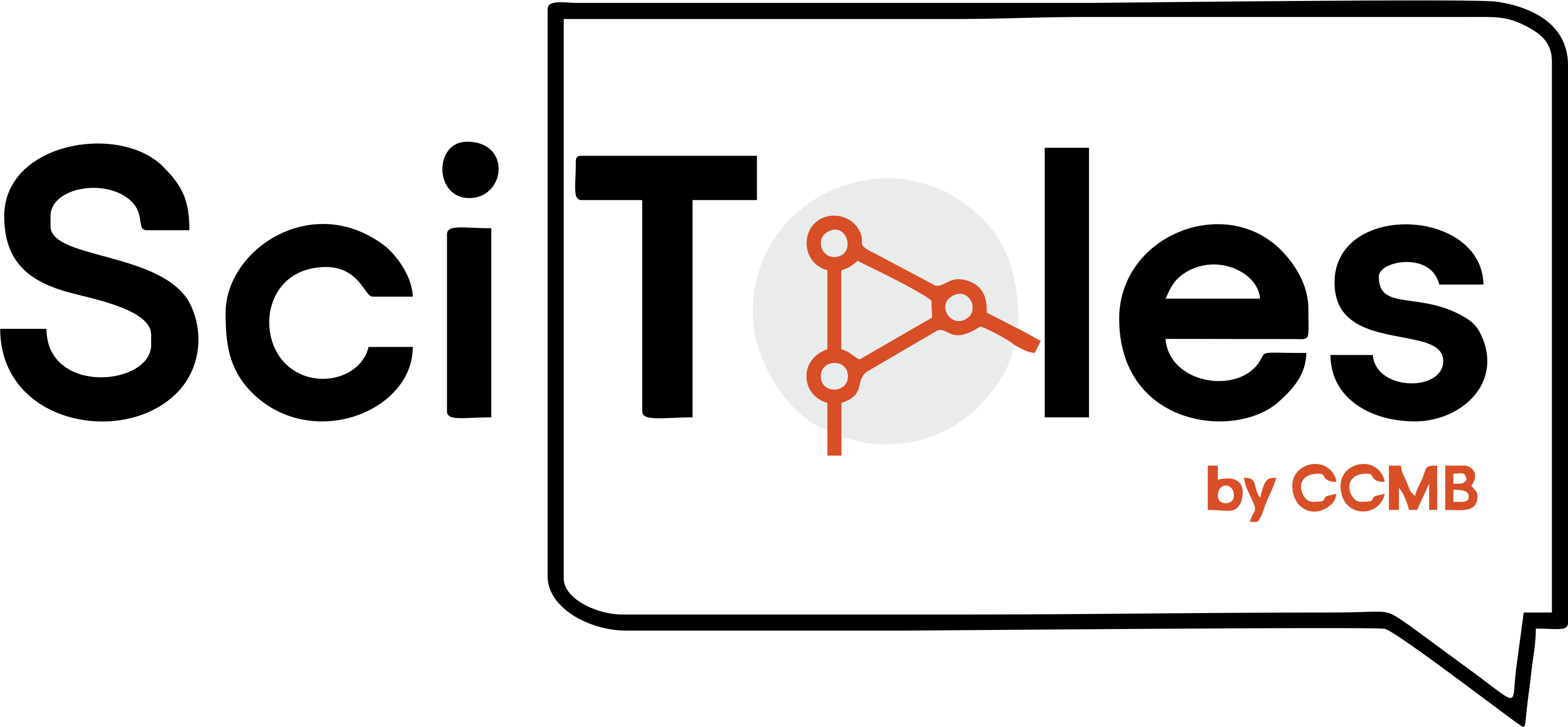Mitochondria in action by Odra Noel, Wellcome Images
Mitochondria are not new to us. These organelles are found in all eukaryotic cells (cells with membrane bound nuclei), and are the famed powerhouses of these cells. They convert nutrients into usable chemical energy in the form of adenosine triphosphate (ATP). Mitochondria have a very fascinating origin wherein they were thought to have evolved from a free-living bacterium that teamed up with an early eukaryotic cell some billion years ago. This partnership not only gave rise to mitochondria but also provided eukaryotic cells with the ability to efficiently produce energy.
Over time, this association became so integral to cellular function that mitochondria retained their own DNA, separate from the cell’s nuclear DNA. Mitochondrial DNA encodes 13 proteins essential for ATP production, thereby enabling mitochondria to power our cells. But is that all they do? The answer is NO! Recent advancements in science and technology reveal that mitochondria play many roles in keeping our bodies healthy, particularly through their involvement in regulating the immune system.
Mitochondria and Immunity
Immune system is the body’s defense force that protects us from various infections and diseases caused by bacteria, viruses and other pathogens. It works through two major responses.
One is the innate immune response. It is the body’s first-line defense against viruses and bacteria. Cells detect unique markers on these pathogens such as proteins, carbohydrates and nucleic acids, and initiate secretion of chemicals like chemokines and cytokines. Mitochondria play a crucial role in this process. For instance, during viral infection mitochondria activate the immune response with the help of protein called MAVS (Mitochondria Anti-Viral Signaling) upon detecting the presence of virus in the cell. Through this protein, it relays the danger signals to the neighboring cells as well as protects the cell from the pathogens by producing a group of cytokines called interferons.
Additionally, mitochondria release their own DNA and proteins into the cell when damaged, which can trigger the immune response. While mitochondrial DNA and proteins are not inherently foreign to the cell, their presence in the cytoplasm due to mitochondrial damage or stress is interpreted as a threat, prompting an immune response.
Mitochondria also help in the adaptive immune response, the second line of defense of our bodies. This response takes longer to kick in but is more precise. It not only recognizes but also remembers specific pathogens to fight them more effectively in case of future infections using special immune cells. Mitochondria are essential in the formation and activation of these specialized cells. They provide the necessary environment for immune cells to function properly. Studies suggest that defective mitochondria in immune cells can lead to a compromised immune response, emphasizing the critical role mitochondria play in immunity.
Immune systems need to act rapidly and constantly to keep us healthy. And mitochondria enable this through keeping a tight check on their own quality. It is not a mean task for these highly dynamic organelles.
Quality Control of Mitochondria
Contrary to the age old static ovoid structure illustrated in many books, mitochondria constantly undergo cycles of splitting to form new ones and fusing with other mitochondria. Splitting helps in regulating their numbers in the cell, and distribute them across the cell according to the local needs inside a cell. Fusion helps in supplementing defective parts of a mitochondrion with effective ones from other mitochondria, adding to its function and life. When a mitochondrion is too damaged to be repaired, the cell breaks it down and recycles its parts.
If mitochondria are not properly maintained, it can lead to many problems for cells. Decreased energy production is only one of them. If the structural integrity of mitochondria is compromised, it leads to leakage of reactive oxygen species, a rather harmful by-product of energy production in mitochondria, into the cells. These eventually kill cells and contribute to various diseases like neurodegenerative diseases, cardiac diseases and cancer, in addition to the direct impact on immune responses.
Mitochondria – A target for microbes
Given that mitochondria are fundamental to regulating immune responses, it is not surprising that many bacteria and viruses target them to evade immune defenses and establish infection. Each pathogen manipulates mitochondria in unique ways to ensure its survival and propagation within the cell.
For example, viruses like the Dengue virus manipulates splitting of mitochondria by cleaving the protein that facilitates the process, while others like Hepatitis C Virus and Japanese Encephalitis Virus interfere with mitochondrial fusion and promotes excessive splitting and recycling process. This disturbs the dynamic balance of mitochondria to evade antiviral responses and persist in the cell. This disruption alters the distribution and aggregation of MAVS, leading to impaired secretion of interferons, which are crucial for clearing the virus.
While these are only few examples, scientists are increasingly focusing on understanding the intricate interplay between mitochondria and immunity. These fascinating organelles have thus become the powerful pharmacological target to fight infections. Numerous clinical trials are currently evaluating new experimental drugs designed to target mitochondria.
All of these newer understanding of mitochondria’s role in our health bring optimism for translating pre-clinical discoveries into clinical treatments. But the journey from discovery to clinical approval is way too long! In the meantime, one can improve mitochondrial health as a potential tool to enhance immunity. Eating a balanced diet, exercising regularly, getting enough sleep, managing stress, avoiding toxins through smoking and by staying hydrated can support and improve the health of your mitochondria and the cell as a whole. Healthy mitochondria mean more energy, better overall health and a stronger ability to fight off infections!


